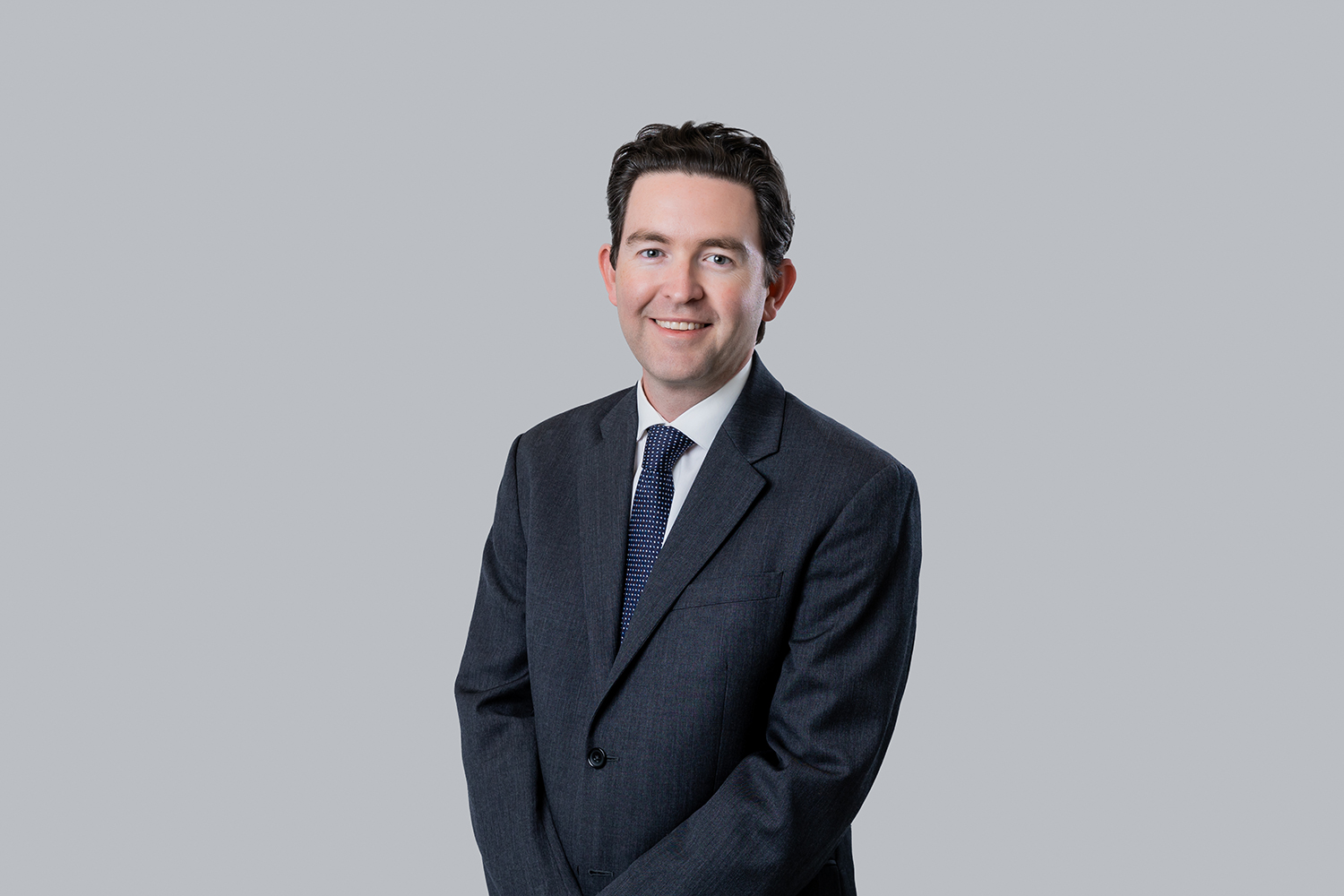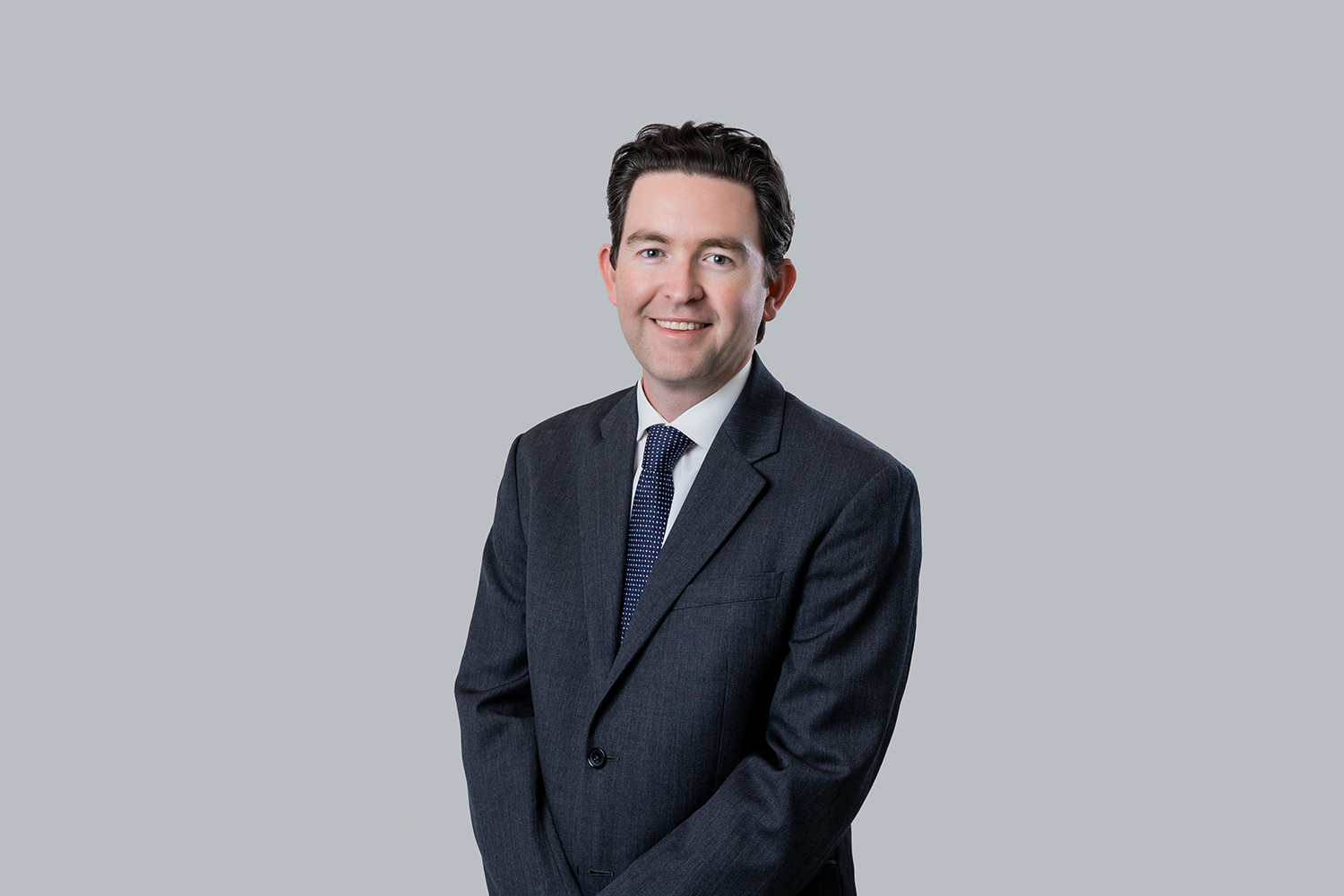
Anthony Partridge
Partner | Legal
Cayman Islands

Anthony Partridge
Partner
Cayman Islands
For centuries, writers and philosophers have discussed the relationship between knowledge, wisdom and understanding.
German-Swiss poet Hermann Hesse, for instance, wrote that “knowledge can be communicated, but not wisdom. One can find it, live it, be fortified by it, do wonders through it, but one cannot communicate and teach it” (Siddhartha: An Indian Tale).
So is the case in family succession planning and, more specifically, the education of the next gen. Sharing information, bringing future generations into the family fold and educating them around family wealth – these are issues that have been at the heart of family succession planning for years and trusting that the next gen will take the time to understand and appreciate the guidance given by the older generation which will continue on the legacy of the family's wealth.
It’s an issue of concern to an increasing number of families with the looming prospect of the transfer of mass wealth transitioning to the next gen in the coming years. But when is the optimum time to bring the next gen in? How should a family pass on its "family knowledge"?
Figures suggest that the next gen is becoming increasingly engaged on family issues and are assuming greater involvement in family decisions – in fact 62% of families believe the next gen will be involved in family office activity in the coming years (Family Capital, 2022).
However, in practice, are there circumstances when bringing in the next gen too soon may backfire, personally and on the family as a whole?
While a fully engaged, collaborative family unit might be a useful vision, in reality, there are plenty of dynamics at work that put education of the next gen in a much more nuanced light. For example, where passing on knowledge does not necessarily translate into shared wisdom and understanding.
For instance, the older generation or predecessors may have a primary focus of maintaining and growing family wealth for the benefit of the generations to come (such as investing in a profitable company that mass produces plastic cups) whereas the next gen may be more interested in ensuring that wealth is being generated from ethical and sustainable sources (for example, ESG investing). Conflicts can arise when family members are not aligned in their goals and values.
Much of the generalised narrative concerning next gen education revolves around the idea that mass wealth transfer is on the way, and that bringing the next gen into conversations about wealth management makes a great deal of sense. This is particularly the case if we sign up to the idea that the next gen is keen on purpose driven approaches to investment and are empowered with the skills and appetite to digitise family operations.
Getting fresh input and views from a highly motivated younger generation into the family business could be revolutionary. Millennials are increasingly interested in investment opportunities and naturally building an understanding of, and connections in this space. This will benefit families as a whole where older members of the family are kept abreast with these new opportunities.
Indeed, parents may well be keen to bring their children in at a relatively early stage in order to give them a sense of wealth education, acquaintance of family values, and engagement in an area that suits them.
However, in some instances, and despite the positive intentions, bringing the next gen in too early can pose problems. For instance, in one case where a number of siblings in their twenties had been given a seat at the "family table", not one of those children was interested or sufficiently engaged to see that education through. Their personalities and interests were not at all aligned, and the exercise was a failure.
Lack of interest, though, is not as detrimental as it could have been. In other cases, bringing in young people to wealth discussions can be harmful to them and their mental wellbeing. A young person suddenly given exposure to great wealth can struggle to come to terms with what that means, and we’ve seen plenty of cases where young people have struggled with their health and life choices as a direct result.
Equally, for a young person living or working in a volatile country to suddenly have wealth attached to them can be dangerous. Kidnapping is a real potential risk.
Interestingly, there is case law in this context. The Jersey decision of in the Matter of the C Settlement [2017] the Court agreed with the trustees and mother of a beneficiary of a trust of significant value that to inform a young adult of the asset value in the trust could have a detrimental effect on the beneficiary. It was therefore decided to be in the best interests of the beneficiary not to be informed at that age.
Conversely, some families remain almost overly keen to protect the next gen. We have seen instances where the patriarch or matriarch is absolutely committed to ensuring that the next gen is brought up without having to rely on family wealth. It’s another noble objective, encouraging the children to fend for themselves and realise successes without a reliance on existing wealth.
However, the downside is that those family members can be quite unprepared and shocked by discovering, on the death of the patriarch or matriarch, and when they might be in their forties or fifties, that they stand to inherit significant wealth. They are thrust into a lifestyle that runs counter to what they have come to know and are forced to make decisions that they are ill prepared for. This sometimes divides and fragments what was previously a "happy" sibling dynamic.
When it comes to education of the next gen, what is appropriate therefore needs to be considered on a case by case basis. Families are complex entities, and what works for one family will not necessarily work for another.
In almost all cases, a key challenge often arises when the power of a family trust is in the hands of one wealth creator – where the will of that patriarch or matriarch is dictated entirely by their parenting style and their views on wealth and succession.
In these circumstances, the balanced and independent guidance of external advisers can be crucial. They can offer unbiased perspectives that can help suggest a more flexible, beneficial path and put in place an appropriate plan that is ultimately beneficial to all parties.
This is emphasised further when you consider that some family offices are only investing around 1.5% of their operational costs on next gen education (North America Family Office Report 2022, Campden).
Specialist advisor support might involve incorporating certain vehicles into holistic family structures, such as Cayman STAR Trusts, which can help "bake in" information sharing protocols with beneficiaries.
It might involve bringing together outsourced specialist support to help manage the education process through the lens of an expert.
This also may mean revisiting governance and core family documentation to help clarify certain points around succession and family vision.
What’s clear is that the modern family is subject to an ever-growing range of dynamics that can challenge the timescales around and approaches to next gen education. Being open to the perspective of an independent adviser can be pivotal in avoiding the pitfalls and ensuring that a little understanding and knowledge can go a long way towards a family's wisdom.
Ogier is a professional services firm with the knowledge and expertise to handle the most demanding and complex transactions and provide expert, efficient and cost-effective services to all our clients. We regularly win awards for the quality of our client service, our work and our people.
This client briefing has been prepared for clients and professional associates of Ogier. The information and expressions of opinion which it contains are not intended to be a comprehensive study or to provide legal advice and should not be treated as a substitute for specific advice concerning individual situations.
Regulatory information can be found under Legal Notice
Sign up to receive updates and newsletters from us.
Sign up